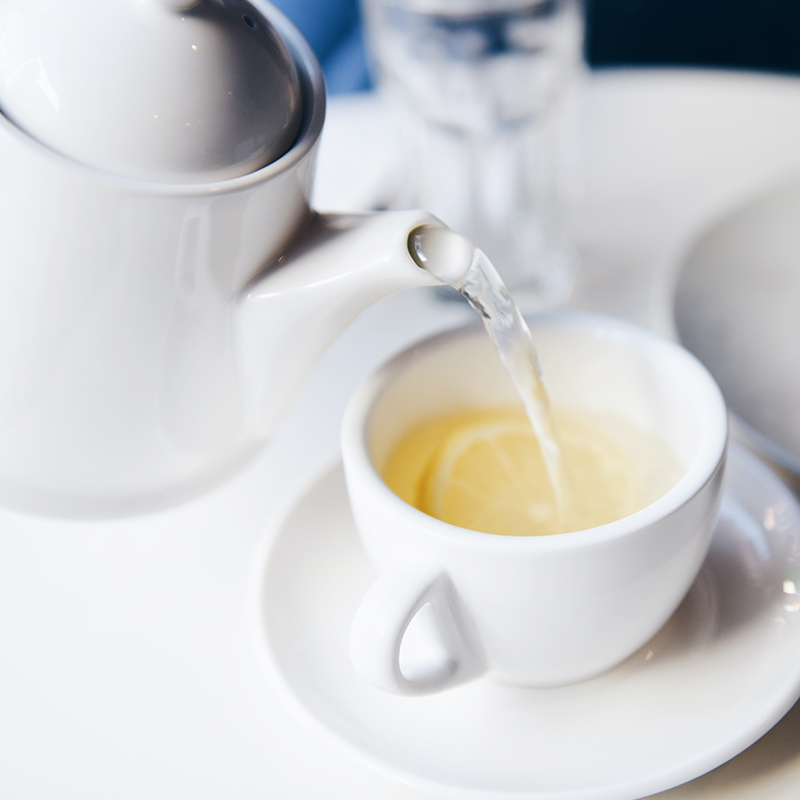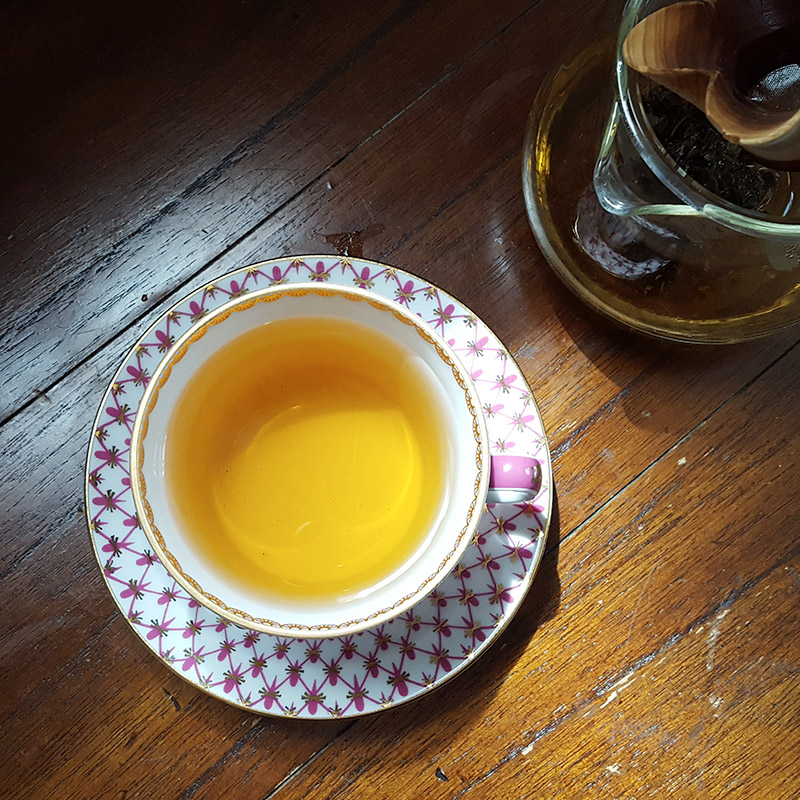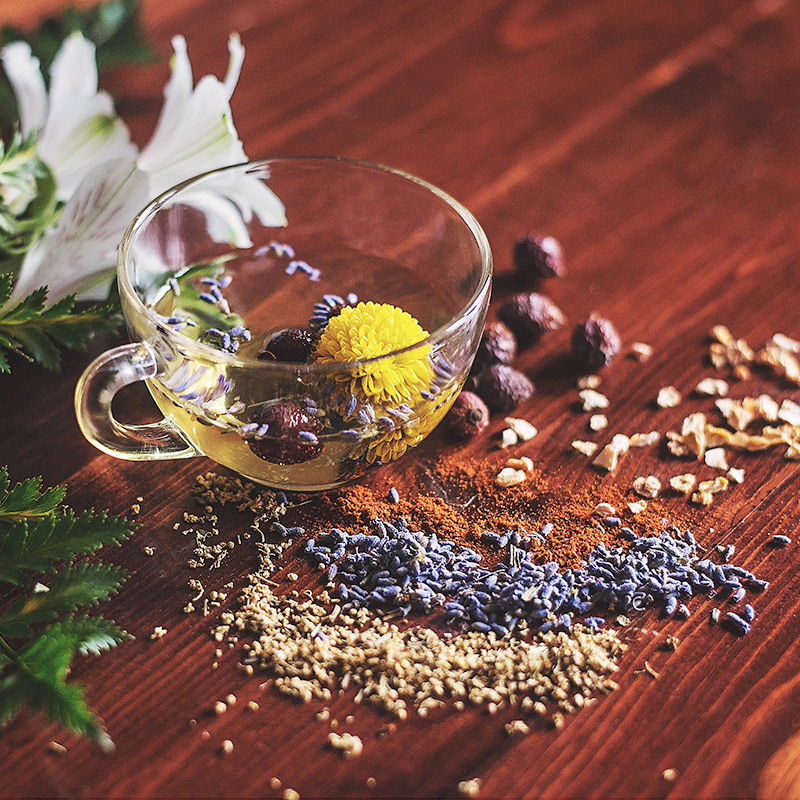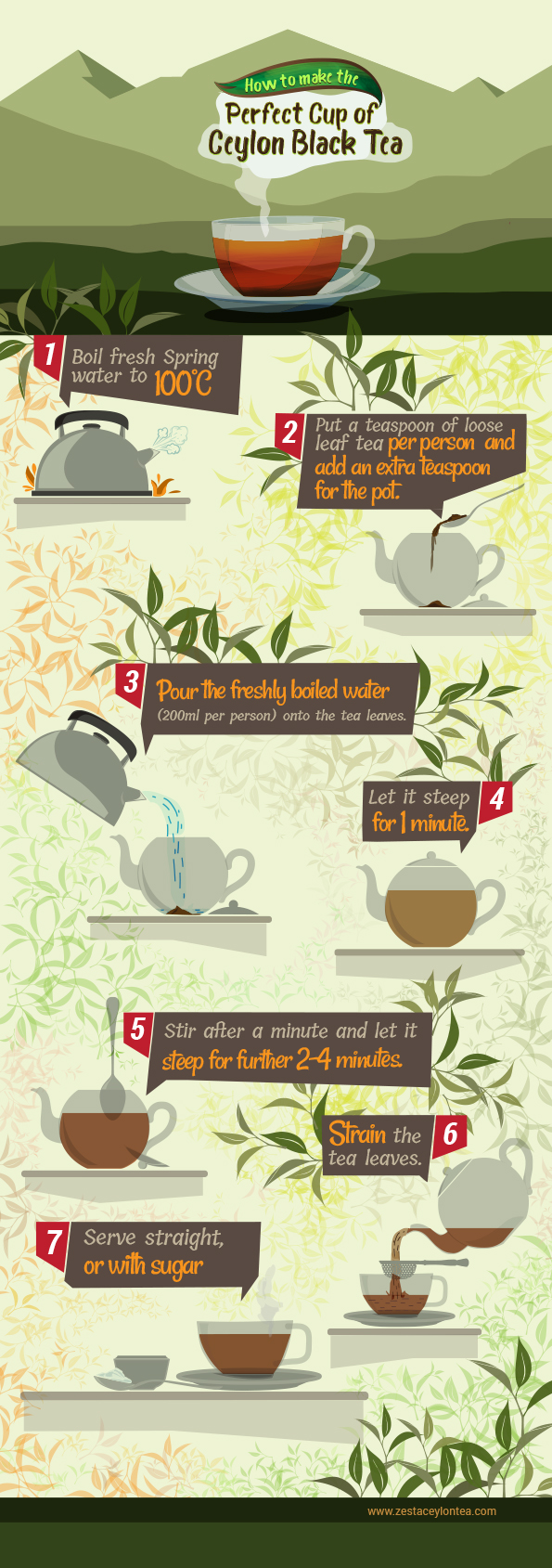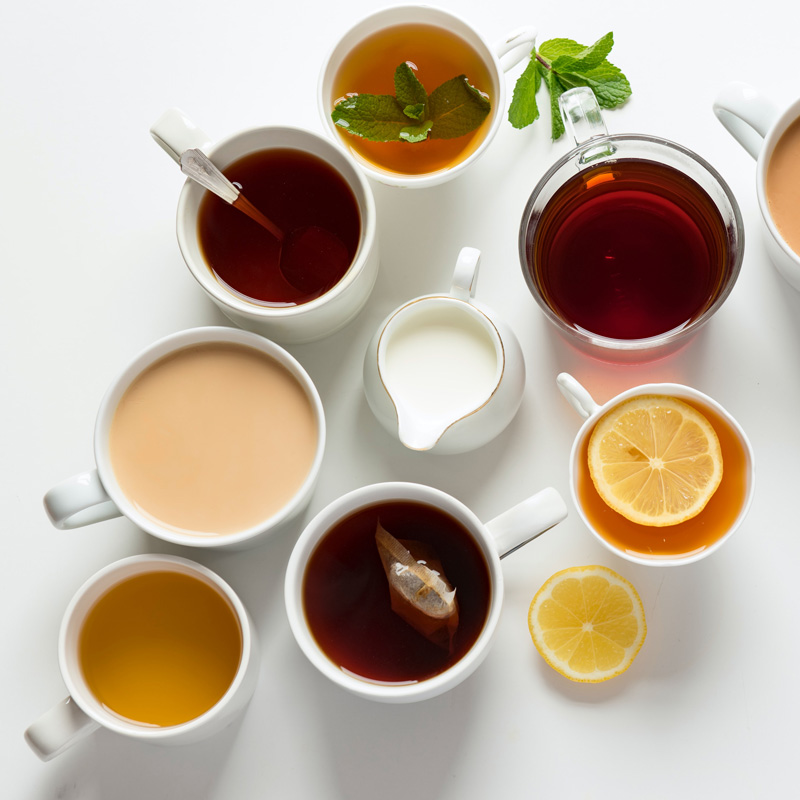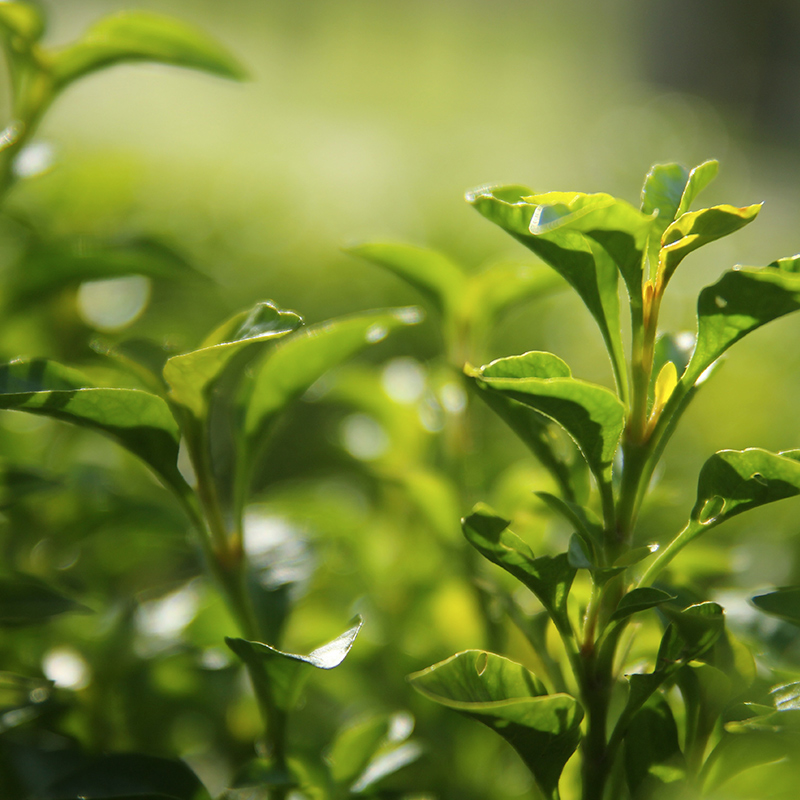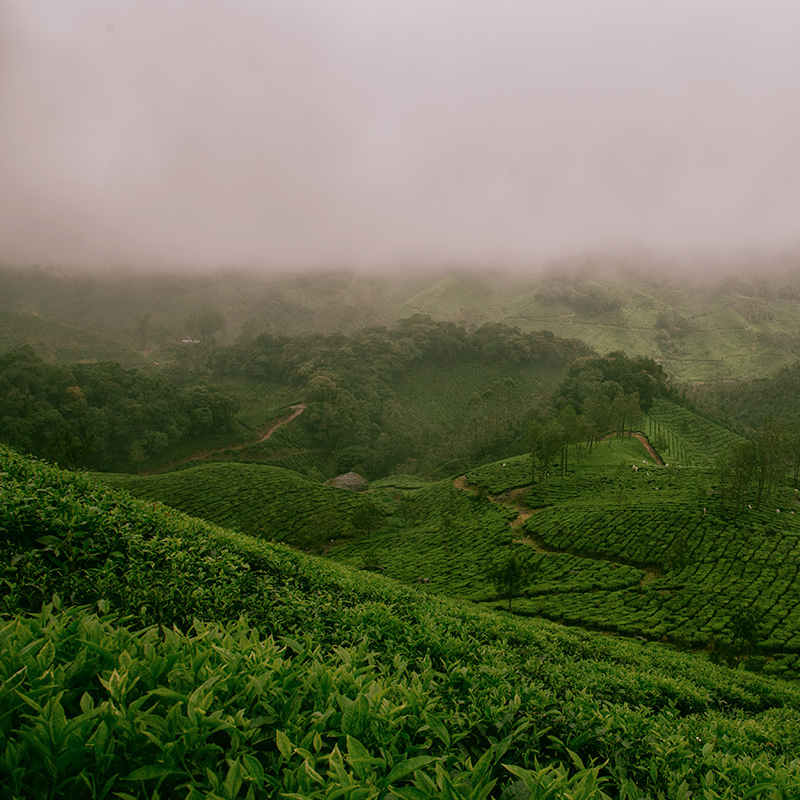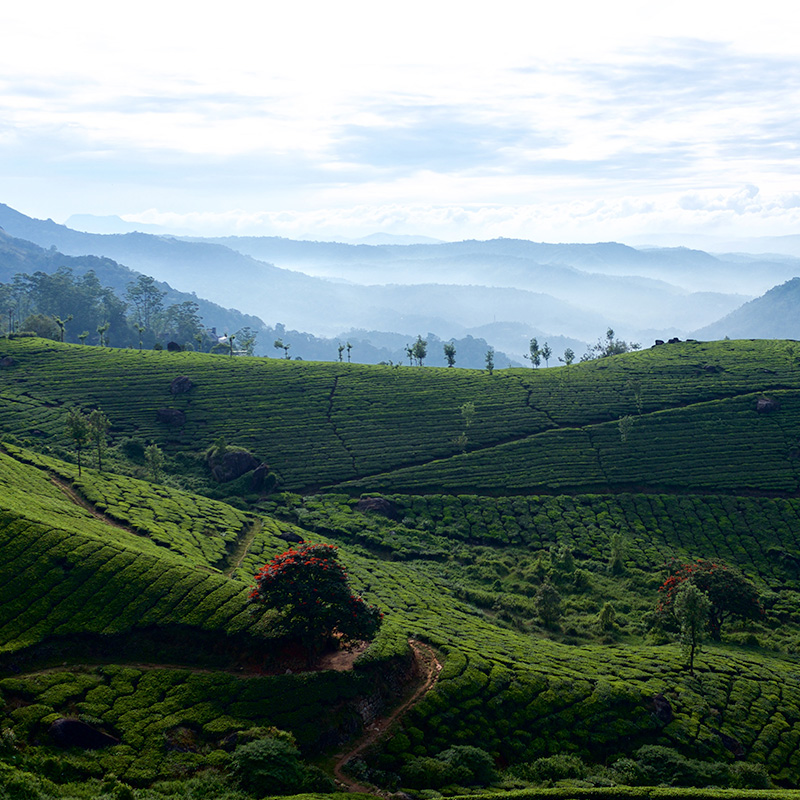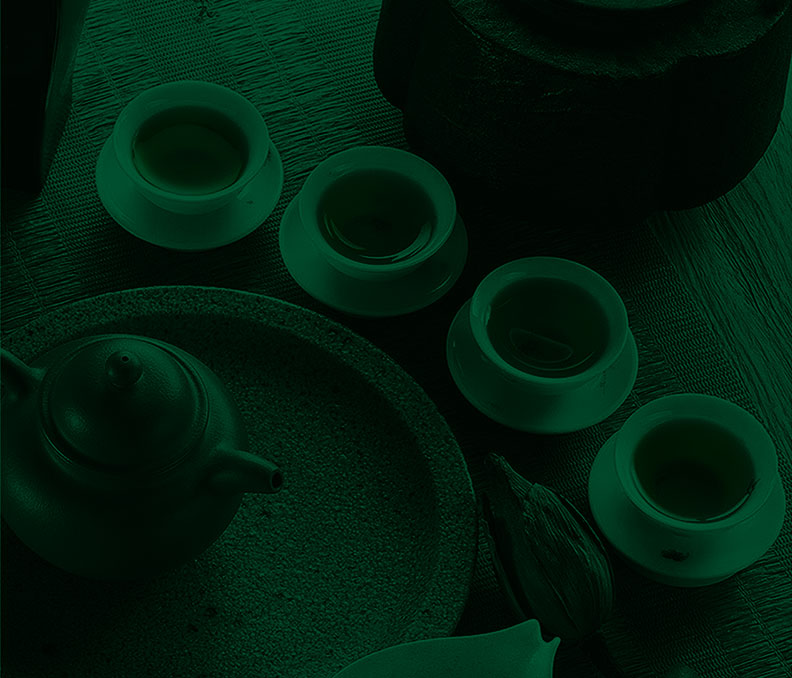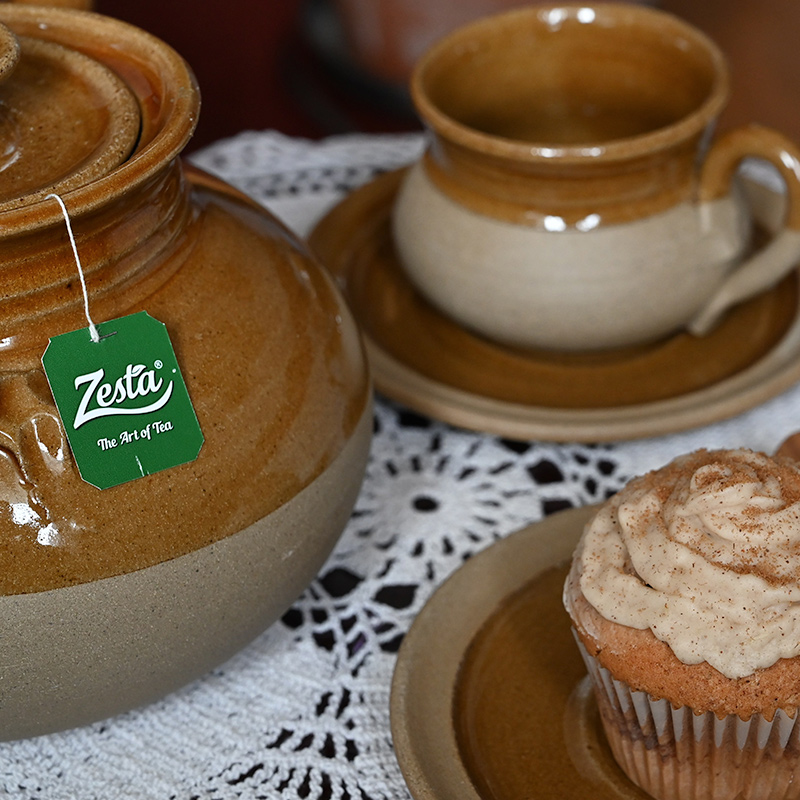
You’ve probably heard the name “Ceylon” often being associated with tea, but do you know where exactly Ceylon is? Is it a country? Is it a brand? Ceylon is actually the former name of Sri Lanka, as given by the British colonists! The jade pendant of the Indian Ocean is often referred to as the lush Land of Tea! Any tea produced on the island is known as Ceylon tea.
Ceylon black tea is known to have numerous health benefits, which is probably why the locals have between 3-6 cups of tea a day! A warm cup of black tea will not only warm you up, but is sure to awaken every inch of your body. Ceylon tea is packed with antioxidants, flavonoids and polyphenolic compounds that act as remedies for a number of illnesses. Here are some of the benefits of drinking Ceylon black tea.
Health Benefits of Ceylon Tea
1. Ceylon Tea & Your Heart
Think of Ceylon black tea as your heart’s knight in shining armour. With an adequate amount of potassium present in black tea, this helps to relax the tension in the arteries and blood vessels, which in turn stabilises your blood pressure and maintains it in a healthy level. A warm cup of Ceylon tea in the morning coupled with a banana (or other fruits rich in potassium) will drastically reduce the risk of heart attacks.
2. Ceylon Tea & Your Immune System
Maintaining a healthy immune system is crucial to looking after your health and taking care of your body, as it protects your body from diseases and infections. Ceylon black tea boosts your immune system and enables the body to fight harmful viruses and bacteria, thereby protecting you from the flu, fever, cough, etc. The antioxidants present in the Ceylon black tea increases the number of white blood cells.
3. Ceylon Tea & Weight Loss
Ceylon black tea has zero calories, only if its drunk sans sugar or milk. Calorie counters and weight watchers can consume Ceylon black tea – guilt free! The antioxidants found in Ceylon tea is packed with compounds known as flavonoids, which are known to have health benefits that aid in weight loss. These flavonoids cause an increase in metabolism, thereby being able to digest and break down food and fats at a much faster rate than without the consumption of tea. One cup of Ceylon tea is known to have 25mg of potassium. The presence of potassium also aids in improving blood pressure, cholesterol and maintain your heart health.
4. Ceylon Tea & Skin
Achieving that goal of radiant, soft skin is only a few tea cups away! Add some Ceylon black tea to your life, which are packed with antioxidants known to battle out the free-radicals in your body. A cup of Ceylon tea prevents damage on your skin cells. Drinking black tea often will keep your skin healthy and also reduce the risk of getting skin cancer, in addition minimising the risk of wrinkles, skin blemishes and other premature aging effects.
5. Ceylon Tea & Cancer
It should be important to first state that drinking tea daily does not stop you from getting cancer. However, regularly consuming Ceylon black tea will help minimise the risk and prevent the development and growth of cancer cells. The theaflavins and thearubigins present in black tea act as vital antioxidants in the body and special chemicals such as ECG and EGCG are known to fight free radicals, thus protecting cells from any cancerous damage.
6. Ceylon Tea & Energy
Ceylon black tea keeps your energy levels up. Tea leaves are packed with minerals and vitamins that are equipped to provide enough energy to your body. With the right amount of caffeine present in Ceylon tea, your body will remain fit and active throughout the day.
What is Ceylon Black Tea?
Unlike China; where tea existed for centuries, Ceylon tea didn’t exist until mid-19th century. Sri Lanka was famed for its coffee plantations until a fungus destroyed the crops during the colonial era, paving the way to Ceylon tea. The Chinese plant, Camellia Sinensis was planted in the Sri Lanka around 1857 and ever since, has flourished across the country. Ceylon black tea is one of the most favoured teas around the world, due to its unwavering quality as the leaves are plucked and processed using traditional methods.
Ceylon Black Tea Regions
Originating from four main regions in the country, namely Uda Watte, Ran Watte, Yata Watte and Meda Watte, Ceylon tea is unlike any other. With tea carpeted mountains covering acres of lush land, each leaf is carefully and delicately hand-plucked to ensure the finest quality of tea. Tea from each terroir tastes uniquely different, due to the soil, climate and elevation levels.
How to make Ceylon Black Tea
To brew the perfect cup of Ceylon black tea, boil fresh water to a temperature of 95ºC. Do not use re-boiled water. Add a teaspoon of your favourite Zesta black tea or drop a single teabag into your cup. Pour the boiled water into the cup and let it steep for 3-5 minutes. Strain the leaves out or throw the bag. Add sugar and/or milk depending on your preference.
Ceylon Black Tea and Caffeine
The caffeine levels in Ceylon tea are as varied as the tastes of the tea; pertaining to its terroir. Ceylon black tea has approximately 50mg to 90mg per cup. Black tea is also known to be the perfect substitute for coffee and a much healthier option too!
Frequently Asked Questions
What is Ceylon black tea?
Black tea grown in the island of Sri Lanka was given the name Ceylon black tea. Ceylon was the colonial name bestowed to the island by colonists that occupied the country.
What is Ceylon black tea good for?
Drinking Ceylon black tea is known to be highly beneficial to your well-being, due to its nourishing properties, from increasing energy levels to boosting metabolism levels. The polyphenols and antioxidants found in Ceylon black tea is known to provide many health benefits.
What does Ceylon black tea taste like?
The taste of Ceylon black tea depends on where it was grown. High grown Ceylon black teas are lighter and more delicate than other variations. Middle grown teas are strong and medium full-bodied. Low grown teas are darker and stronger.
How much caffeine is in Ceylon black tea?
Ceylon black tea contains about 50-90mg of caffeine in one cup, depending on how you brew it. Usually, tea bags tend to have more caffeine than loose tea.
How to make Ceylon black tea?
Pour 220ml of boiling water into a cup that contains 2.5g of black tea, or a tea bag. Steep for about 3-5 minutes, depending on how potent you want it to be.
Is Ceylon black tea good for weight loss?
Ceylon black tea doesn’t contain any calories if consumed without a sweetener or milk. It also blocks the absorption of fat by reducing calorie intake. The flavonoid components found in the antioxidants of Ceylon black tea are can promote weight loss.
Is Ceylon black tea safe during pregnancy?
Drinking Ceylon tea in moderation could be safe during pregnancy. However, since black tea has a high caffeine count, limit the consumption to less than 4 cups a day.
Where to buy Ceylon black tea?
You could purchase Zesta Ceylon black tea from stores, or visit their online store on https://www.zestaceylontea.com/.
How to drink Ceylon black tea?
Pour boiling water over a spoonful of loose black tea or a Ceylon black tea bag. Steep for about 3-5 minutes. You could drink it on its own or add milk, ginger, or sweeteners.
What is pure Ceylon black tea?
Pure Ceylon black tea is manufactured following the same traditional process as that in the 1880s. It is handpicked in order to preserve aroma and the freshness, as well as the polyphenols, essential oils, theaflavins and caffeine to best effect.
